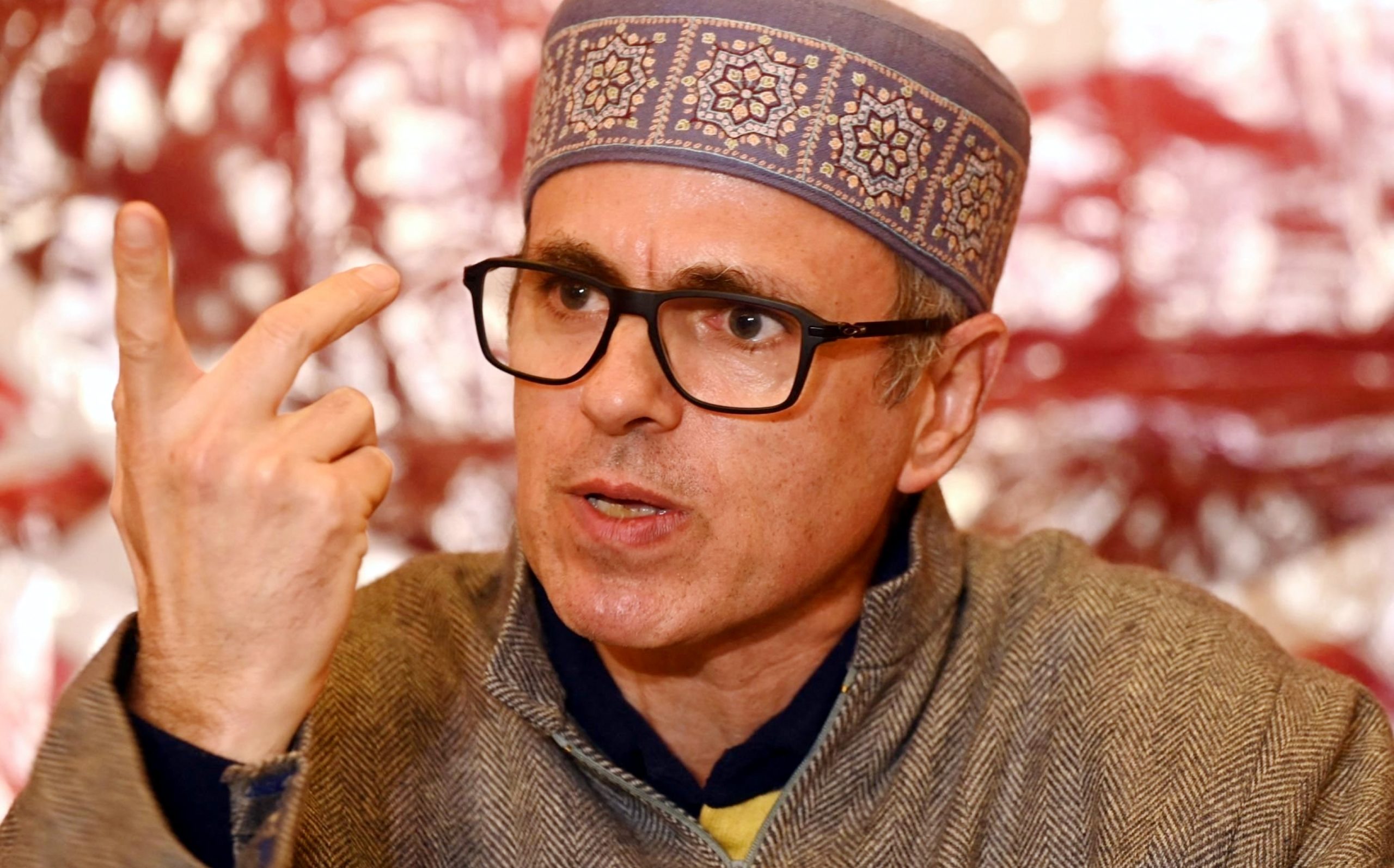Omar Abdullah’s latest statement that his government will work with the Centre to further development in Jammu and Kashmir signals a significant change in the region’s political landscape. This announcement interestingly comes soon after he was named the possible Chief Minister by his father and party chief of the National Conference. This shift occurs in the context of the abrogation of Article 370 and the reorganization of Jammu and Kashmir into two Union Territories. While Omar’s declaration may appear straightforward, it raises questions about his party’s true intentions and its alignment with the Modi-led central government. Is this a genuine move toward cooperative federalism, or a calculated strategy to remain relevant in the evolving political scenario? For years, the Abdullah family and the NC have taken a strong stance against the BJP, often advocating for dialogue with Pakistan and positioning themselves as critics of the central government’s policies. However, Omar Abdullah’s latest remarks represent a departure from this traditional rhetoric. In a recently released video, he openly stated his intention to collaborate with the Centre to promote development and stability in the region—a stance that starkly contrasts with the NC’s earlier positions and its alliance with the Congress, which has consistently promised the restoration of Articles 370 and 35A if they were voted into power, despite knowing these changes are unlikely unless the Modi-led NDA government is removed from the Centre.

Omar’s newfound pragmatism comes at a time when the political dynamics in Jammu and Kashmir are shifting. The NC-Congress alliance, once forged to counter the BJP’s influence, appears to be losing its footing as Omar’s recent comments suggest a willingness to engage with the BJP-led NDA government. This shift in approach highlights a stark contrast to his father’s earlier position, which focused on pushing for the restoration of autonomy. Was it because they no more need the Congress support, which won just six seats, as they managed to inch closer to the requisite 45 plus in 90-member strong assembly? Or the BJP emergence as the party with the highest vote percentage, surpassing 25%, compared to the National Conference’s slightly over 23%? Omar. now seems to acknowledge the near impossibility of restoring Article 370 and 35A, indicating a realistic acceptance of the political realities in the region. This recalibration is not just a strategic shift but also an admission of the party’s past political maneuvers. Omar’s candid acknowledgment that calls for dialogue with Pakistan were primarily tactics to appease the voter base exposes the NC’s willingness to adjust its principles for electoral gains. This revelation, coupled with the NC’s sudden desire to cooperate with the Centre, has led to questions about the party’s ideological consistency and long-term strategy. The driving force behind this political pivot seems to be the diminishing leverage of the NC in the face of a resolute central government led by Narendra Modi and Amit Shah. The Abdullah family likely realizes that the days of exploiting the Centre’s vulnerabilities for concessions are over. With the BJP’s firm grip on power, aligning with New Delhi now appears to be the only viable option for the NC to sustain its influence and remain politically relevant. Omar Abdullah’s appeal for the reinstatement of full statehood to Jammu and Kashmir in his recent address suggests a calculated attempt to strike a conciliatory tone with the central government. By positioning themselves as partners in development rather than adversaries, the Abdullahs aim to expedite the return of statehood, which they hope will restore their political clout in the region. However, doubts linger about whether this shift is genuinely ideologically driven or a strategic move to gain political mileage. The Abdullah family’s history of altering their ideological stance to suit political circumstances casts a shadow over the sincerity of Omar’s latest overtures. His willingness to work with the Modi government could either signify a genuine commitment to the region’s development or be another episode of political opportunism. As the NC aligns itself with the Centre, this move could potentially weaken its alliance with the Congress, further isolating the party within the opposition bloc. While Omar Abdullah’s pragmatic shift toward cooperation with the BJP-led Centre could open new avenues for development in Jammu and Kashmir, the motivations behind this change remain unclear. The sincerity of this transformation will ultimately be judged by the Abdullahs’ actions and their commitment to balancing regional aspirations with national interests.





